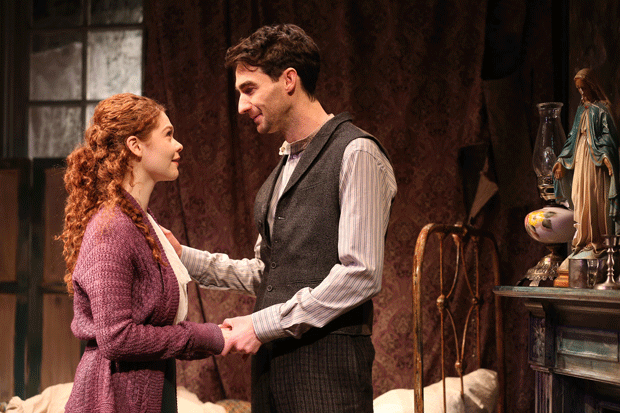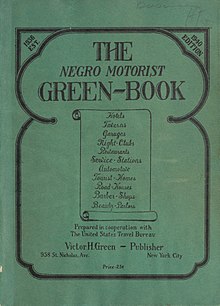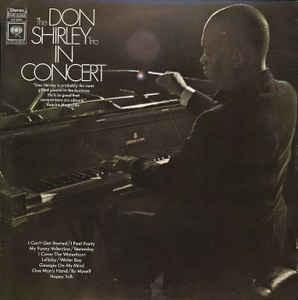* * *
In Ireland, Seán O’Casey is a great writer. In America, he’s a footnote, a playwright whose name is known to everyone who loves Irish drama but whose work has never quite caught on over here. Only two of O’Casey’s plays, “Juno and the Paycock” (1924) and “The Plough and the Stars” (1926), continue to be staged in this country, and it’s been more than 30 years since either of them was last seen on Broadway. Now, though, the Irish Repertory Theatre, New York’s foremost off-Broadway troupe, is celebrating its thirtieth season by presenting “Juno,” “Plough” and “The Shadow of a Gunman,” O’Casey’s first successful play, in repertory. These three plays, collectively known as the Dublin Trilogy, constitute a major artistic achievement by any imaginable standard, and judging by Ciarán O’Reilly’s stunning revival of “Shadow,” the first of the three to open, it looks like the Irish Rep’s O’Casey Season (which includes readings of his other plays) will be an equally major theatrical event in its own right.

First performed in 1923 and set three years earlier, at the height of the Irish War of Independence, “Shadow” is a portrait of a country convulsed by political violence. It is also—characteristically for O’Casey—a tragedy disguised as a comedy. (As one of the characters explains, it is the way of the Irish to “treat a joke as a serious thing and a serious thing as a joke.”) The action takes place in a grubby one-room Dublin tenement flat that is shared by Seumas (Michael Mellamphy), a door-to-door salesman and booze-soaked blowhard, and Donal (James Russell), a Shelley-spouting, politics-shunning poet whose attempts to write are constantly being short-circuited by the building’s other tenants….
What wrenches “Shadow” out of the smiling land of comedy is the fact that Donal’s fellow tenants have somehow come to the mistaken conclusion that he is an IRA gunman in hiding. He goes along with this crackbrained notion, partly because it’s easier to do so and partly because it pleases him to be treated with the kowtowing respect due to such a personage. “What danger can there be in being the shadow of a gunman?” he asks himself, not realizing that in a country whose people have tasted the insane root of irredentist politics and been corrupted by its seductive flavor, such misconceptions can lead to tragedy with perilous quickness….
Mr. O’Reilly, the Irish Rep’s producing director, has a long and unbroken track record of artistic distinction, and this production is up to his now-familiar high standards….
* * *
Read the whole thing here.A featurette about the Irish Rep’s revival of The Shadow of a Gunman:





